Do Cashews Contain Magnesium? How Much Magnesium Is In Cashews?
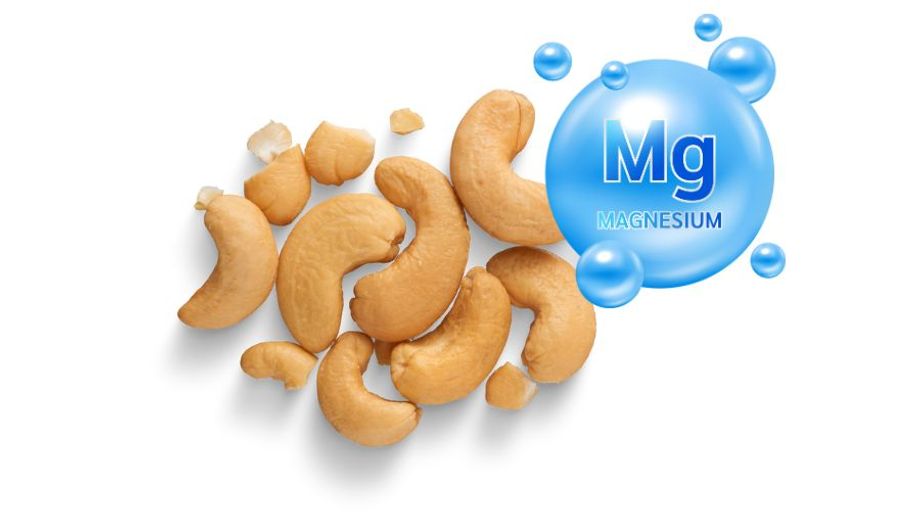
Mục lục
- 1. Do Cashews Contain Magnesium? How Much Magnesium Is in Cashews
- 2. What is Magnesium?
- 3. Effects of magnesium on the body
- 3.1. Supports hundreds of chemical reactions in the body
- 3.2. Improve exercise performance
- 3.3. Protects Bone Health
- 3.4. Reduce menstrual headaches
- 3.5. Promotes relaxation and reduces stress
- 3.6. Cardiovascular Support
- 3.7. Magnesium and Brain Function
- 3.8. Magnesium and gallstone prevention
- 3.9. Magnesium and stress relief
- 4. How to eat cashews with your diet to supplement the right amount of magnesium
- 5. Summary
Do cashews contain magnesium? How much magnesium is in cashews? What are the effects of magnesium on the body? What kind of diet can supplement magnesium appropriately? Let's find out!

Do Cashews Contain Magnesium? How Much Magnesium Is in Cashews
Cashews contain a significant amount of magnesium and have many health benefits. Here is information about cashews and their magnesium content:
Magnesium in Cashews: A 28-gram serving of cashews provides about 82 mg of magnesium, which is 20% of the recommended daily intake.
Cashews are also high in fiber and healthy monounsaturated fats and have been shown to help improve blood sugar and cholesterol levels in people with diabetes.
Cashews are a good choice to add magnesium to your daily diet.
Magnesium in Cashews: A 28-gram serving of cashews provides about 82 mg of magnesium, which is 20% of the recommended daily intake.
Cashews are also high in fiber and healthy monounsaturated fats and have been shown to help improve blood sugar and cholesterol levels in people with diabetes.
Cashews are a good choice to add magnesium to your daily diet.

What is Magnesium?
Magnesium is an essential mineral for the body. Magnesium is involved in hundreds of important processes in the body, including the process of controlling how muscles and nerves work. Magnesium is one of the essential minerals that can promote energy production, muscle contraction, nervous system function and maintain strong bones.
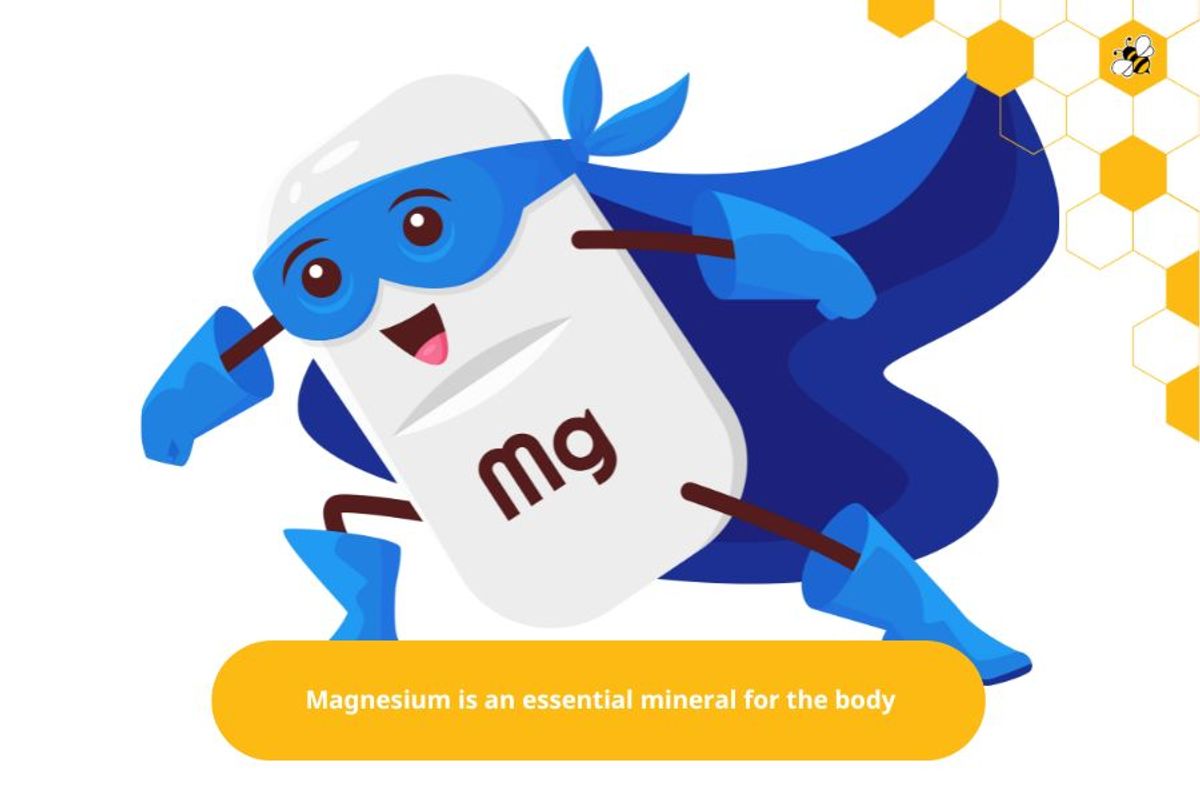
Some of the amazing benefits of magnesium for the body:
Strengthens bones
Magnesium plays a role in helping the body build new bone cells and increase bone mineral density.
It also helps reduce the rate of fractures due to osteoporosis.
Magnesium is essential to promote the absorption of calcium. Without enough magnesium, calcium in the body can collect from soft tissues and cause arthritis.
It also helps reduce the rate of fractures due to osteoporosis.
Magnesium is essential to promote the absorption of calcium. Without enough magnesium, calcium in the body can collect from soft tissues and cause arthritis.

Anti-Inflammatory
Inflammation is the immune system’s response to potential harm.
Magnesium can help the body fight inflammation and address health issues such as heart disease, arthritis, and diabetes.
Magnesium can help the body fight inflammation and address health issues such as heart disease, arthritis, and diabetes.
Therefore, supplementing magnesium for the body every day is really necessary. Pregnant women and the elderly are more susceptible to magnesium deficiency, so it is necessary to pay attention to avoid diseases such as osteoporosis, cardiovascular disease, or diabetes.
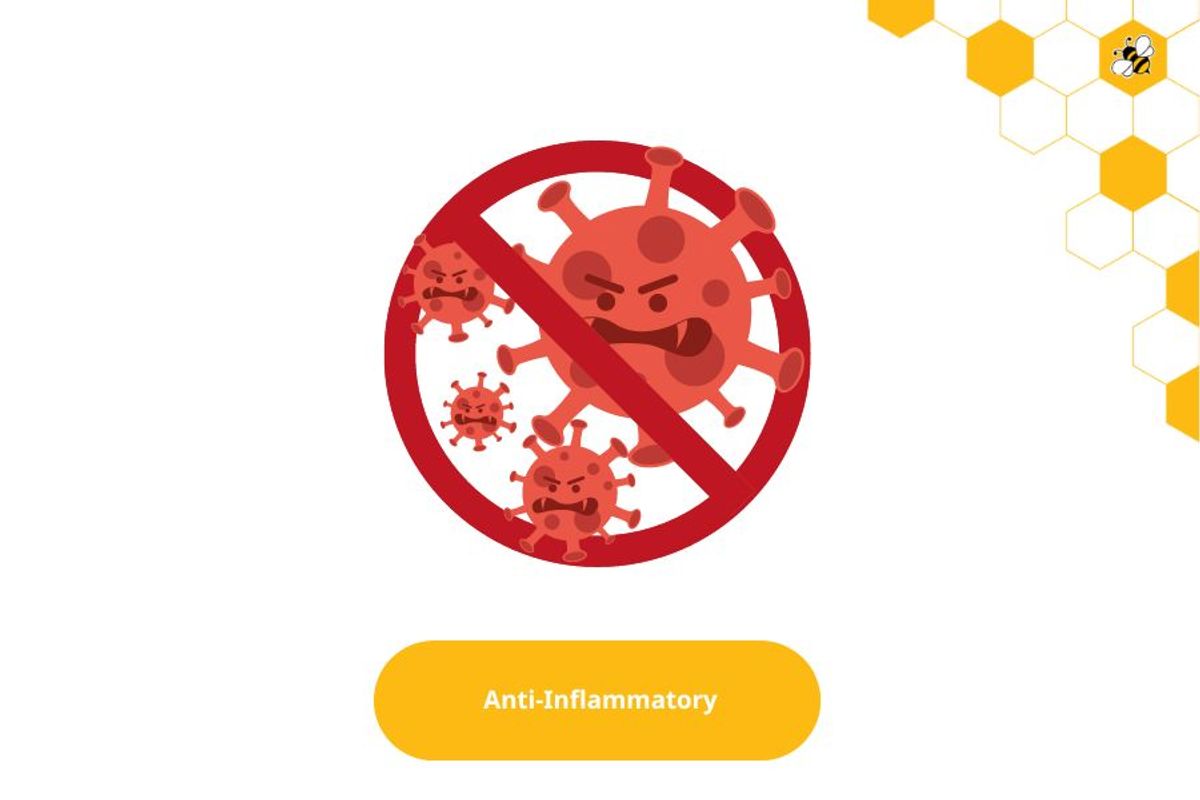
Effects of magnesium on the body
Magnesium (also known as magnesium) is an important mineral for the health of the body. Here are some effects of magnesium on the body:
Supports hundreds of chemical reactions in the body
Magnesium is found in every cell of the body and is necessary for more than 600 chemical reactions, including:
- Producing energy from food.
- Forming proteins from amino acids.
- Maintaining and repairing DNA and RNA.
- Regulating the activity of the nervous system.
- Helping muscles work and relax.

Improve exercise performance
Magnesium helps move blood sugar into muscles and remove lactic acid, helping to reduce fatigue after exercise.
Research shows that magnesium supplementation can improve exercise performance in older adults and those who are deficient in magnesium.
Research shows that magnesium supplementation can improve exercise performance in older adults and those who are deficient in magnesium.

Protects Bone Health
Magnesium is an important part of bones and helps protect against bone loss.
About 50-60% of the body's magnesium is stored in bones.
About 50-60% of the body's magnesium is stored in bones.
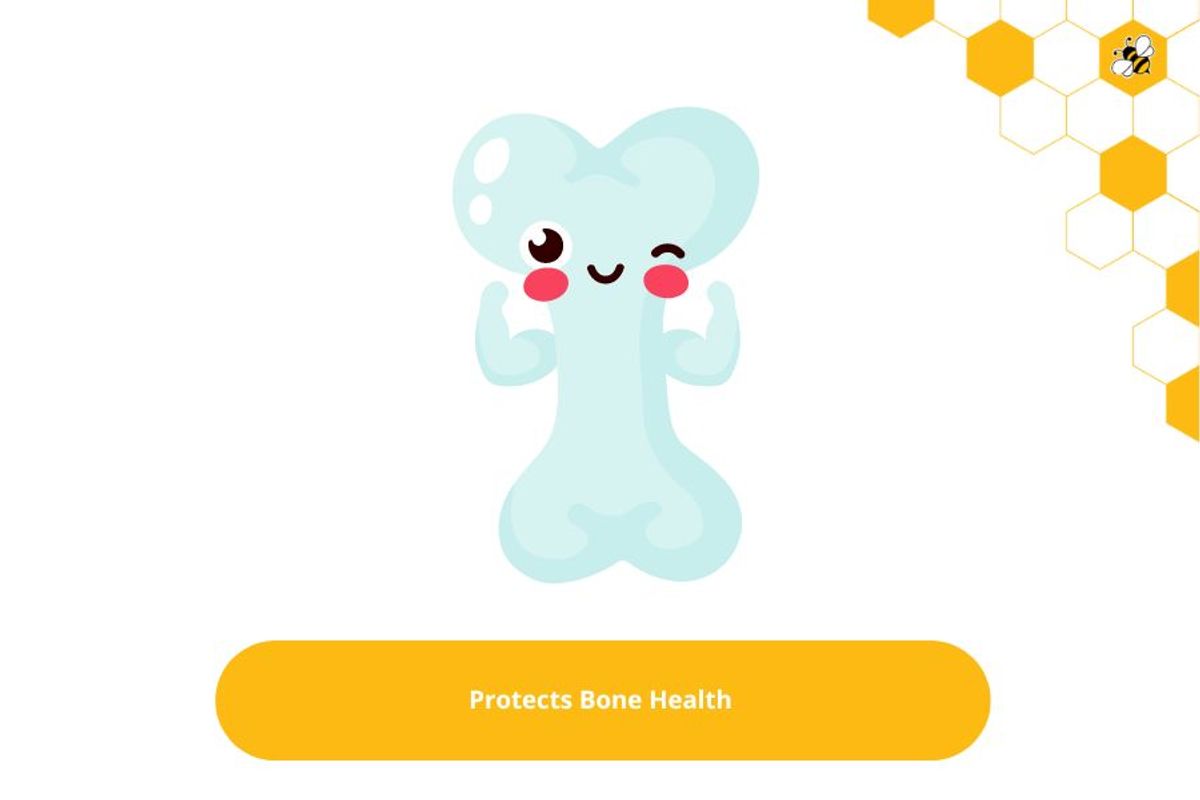
Reduce menstrual headaches
Magnesium may help reduce PMS symptoms and menstrual headaches.

Promotes relaxation and reduces stress
Magnesium affects the nervous system and can help reduce stress and anxiety.

Cardiovascular Support
Magnesium helps maintain the health of the heart muscle and circulatory system.
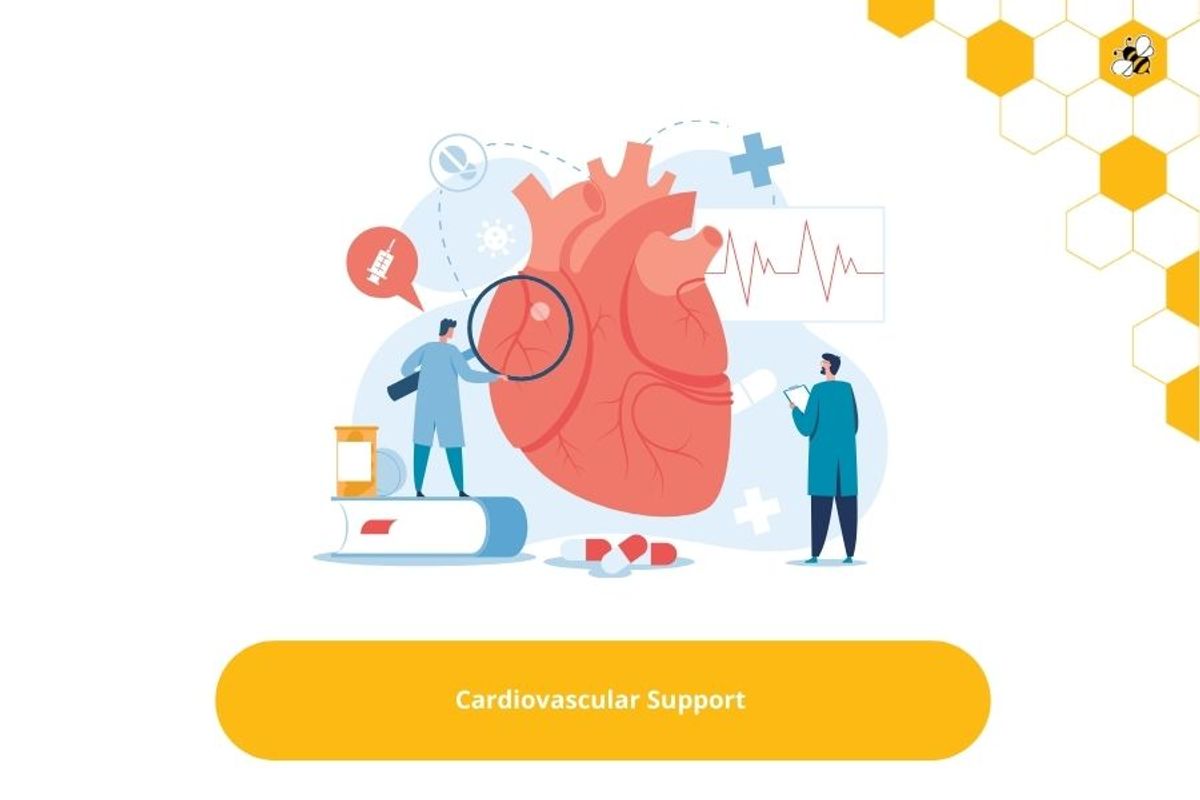
Magnesium and Brain Function
Magnesium is involved in maintaining the functioning of the nervous system and muscles.
The monounsaturated fats in cashews also have a positive effect on the production of brain cells.
The monounsaturated fats in cashews also have a positive effect on the production of brain cells.
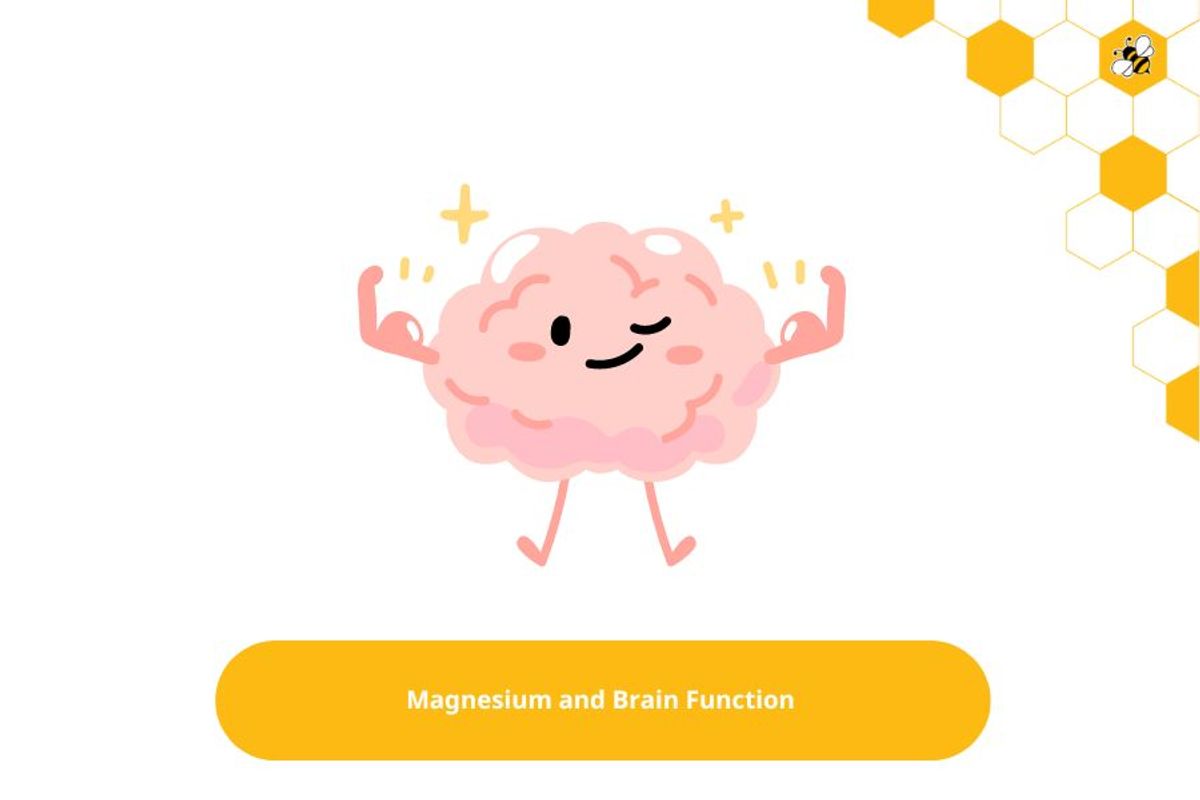
Magnesium and gallstone prevention
Gallstones are a condition caused by the formation of cholesterol stones. Eating cashews can help reduce the risk of gallstone formation.
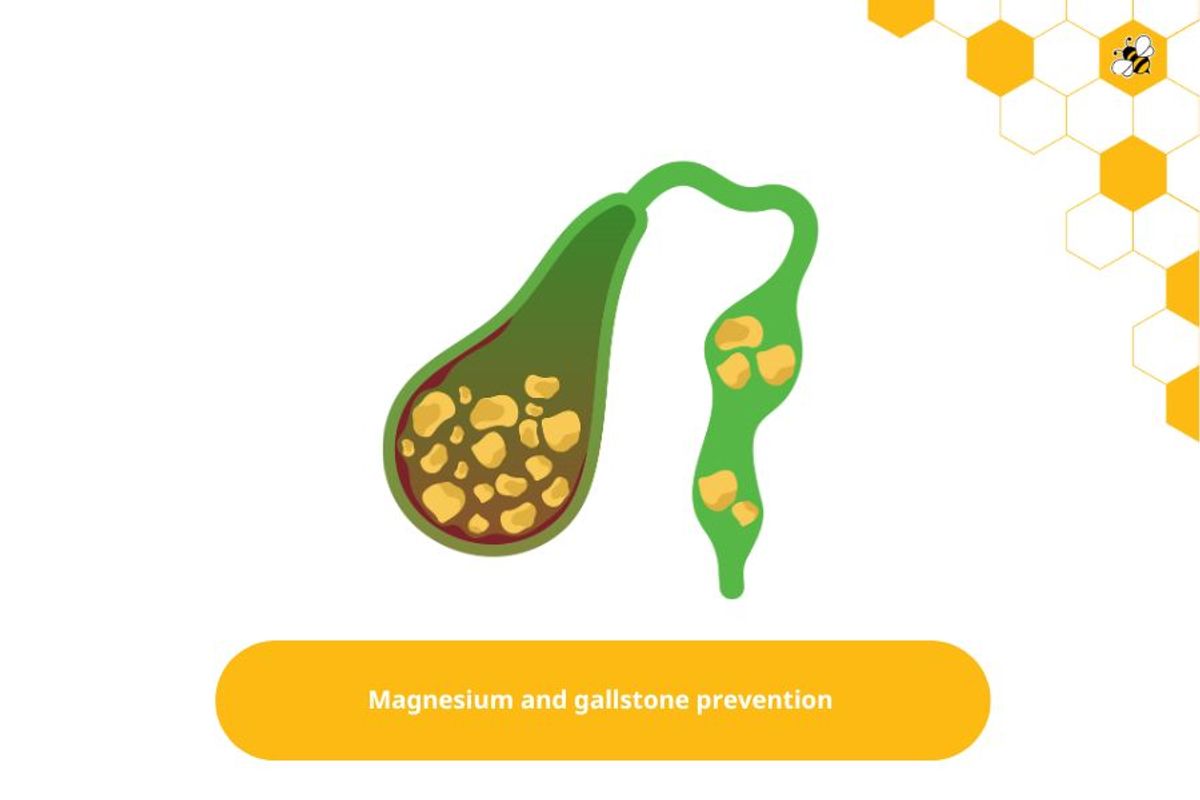
Magnesium and stress relief
Magnesium helps relax muscles and supports nerve function.

How to eat cashews with your diet to supplement the right amount of magnesium
Cashews are an excellent source of the mineral magnesium, which helps maintain health and balance many functions in the body. Here are some magnesium-rich foods that you can combine with cashews to supplement the right amount of magnesium:
Dark chocolate: Dark chocolate is not only delicious but also rich in magnesium. A serving of 28 grams of dark chocolate will provide about 64 mg of magnesium, meeting 16% of the recommended daily dose. In addition, dark chocolate is also rich in iron, copper, and manganese, along with prebiotic fiber that nourishes healthy gut bacteria.
Avocado: Avocado is a fruit rich in magnesium. One avocado provides 58 mg of magnesium, accounting for 15% of the recommended daily intake. Avocados are also rich in potassium, vitamin B, and vitamin K. In particular, the monounsaturated fat in avocados is very good for heart health.
Nuts: Cashews, almonds, and Brazil nuts are all high in magnesium. For example, 1 ounce (28 grams) of cashews provides 82 mg of magnesium, which is 20% of the recommended daily value. Most nuts are also a good source of fiber and monounsaturated fat, which can help improve blood sugar and cholesterol levels in people with diabetes. Legumes: Legumes like peanuts and flaxseeds are also rich in magnesium. Add them to your daily diet to get this mineral.
Dark chocolate: Dark chocolate is not only delicious but also rich in magnesium. A serving of 28 grams of dark chocolate will provide about 64 mg of magnesium, meeting 16% of the recommended daily dose. In addition, dark chocolate is also rich in iron, copper, and manganese, along with prebiotic fiber that nourishes healthy gut bacteria.
Avocado: Avocado is a fruit rich in magnesium. One avocado provides 58 mg of magnesium, accounting for 15% of the recommended daily intake. Avocados are also rich in potassium, vitamin B, and vitamin K. In particular, the monounsaturated fat in avocados is very good for heart health.
Nuts: Cashews, almonds, and Brazil nuts are all high in magnesium. For example, 1 ounce (28 grams) of cashews provides 82 mg of magnesium, which is 20% of the recommended daily value. Most nuts are also a good source of fiber and monounsaturated fat, which can help improve blood sugar and cholesterol levels in people with diabetes. Legumes: Legumes like peanuts and flaxseeds are also rich in magnesium. Add them to your daily diet to get this mineral.
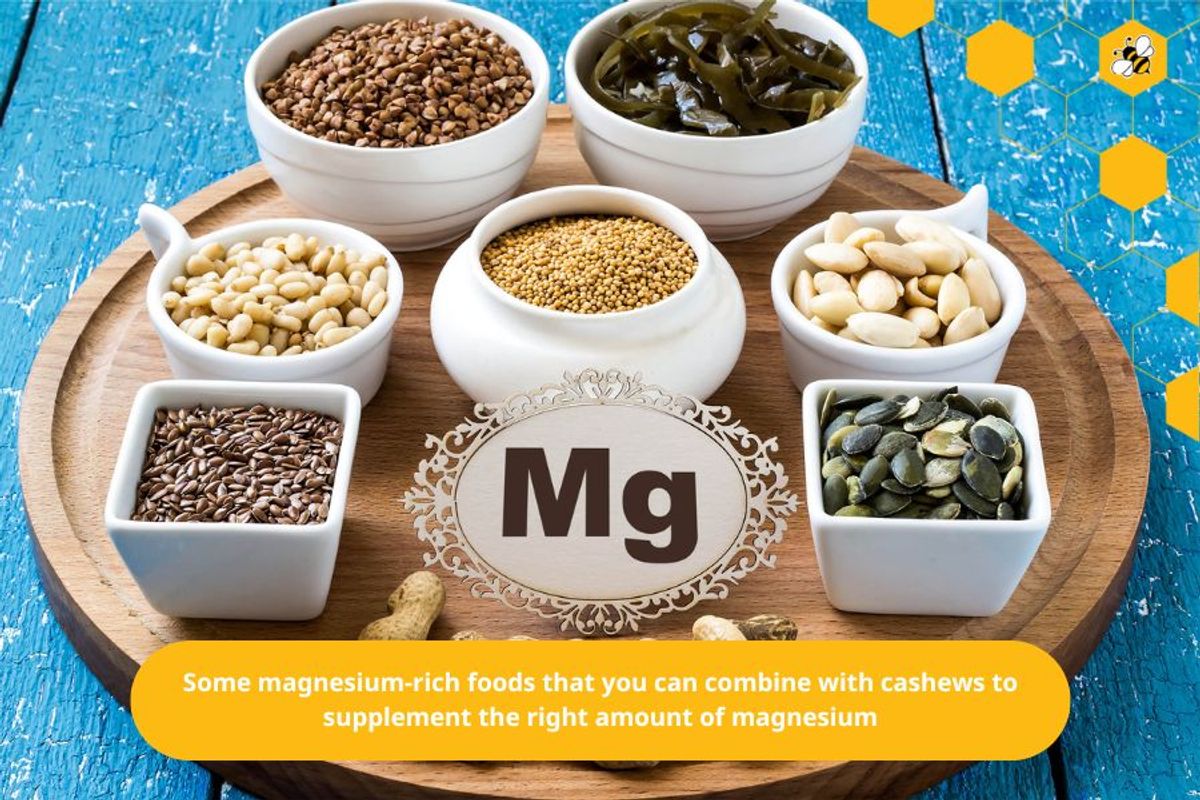
Remember to check with a nutritionist to make sure you meet your magnesium needs and maintain good health.
Summary
Cashews also contain a relatively high amount of magnesium, so they have a very good nutritional value for human health. Magnesium has many effects such as strengthening the cardiovascular system, and brain function, stabilizing the nervous system, helping to strengthen the bone system, etc. Add Cashews to your daily diet in a reasonable amount to achieve the best benefits.